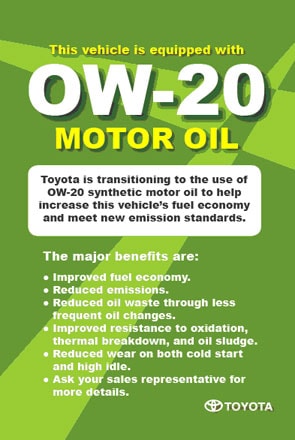Originally Posted By: RiceCake
Trav trying to start a 20-30 weight flamewar...
20 weights are fine. Drop it already.
Trav always makes very good points in those discussions.I for one follow his comments for that and the logic he uses to come to his conclusions.He makes valid points and gives us lesser informed members alot to think about.
start the flamethrowers as far as I'm concerned,they tend to be the most informative discussions we have here.
So Ricecake I will simply suggest either not reading those particular threads,with those particular types of comments,or log off.No one makes you read nor respond to them and if it bothers you then just dont read them,or put him on ignore.
Trav trying to start a 20-30 weight flamewar...
20 weights are fine. Drop it already.
Trav always makes very good points in those discussions.I for one follow his comments for that and the logic he uses to come to his conclusions.He makes valid points and gives us lesser informed members alot to think about.
start the flamethrowers as far as I'm concerned,they tend to be the most informative discussions we have here.
So Ricecake I will simply suggest either not reading those particular threads,with those particular types of comments,or log off.No one makes you read nor respond to them and if it bothers you then just dont read them,or put him on ignore.





